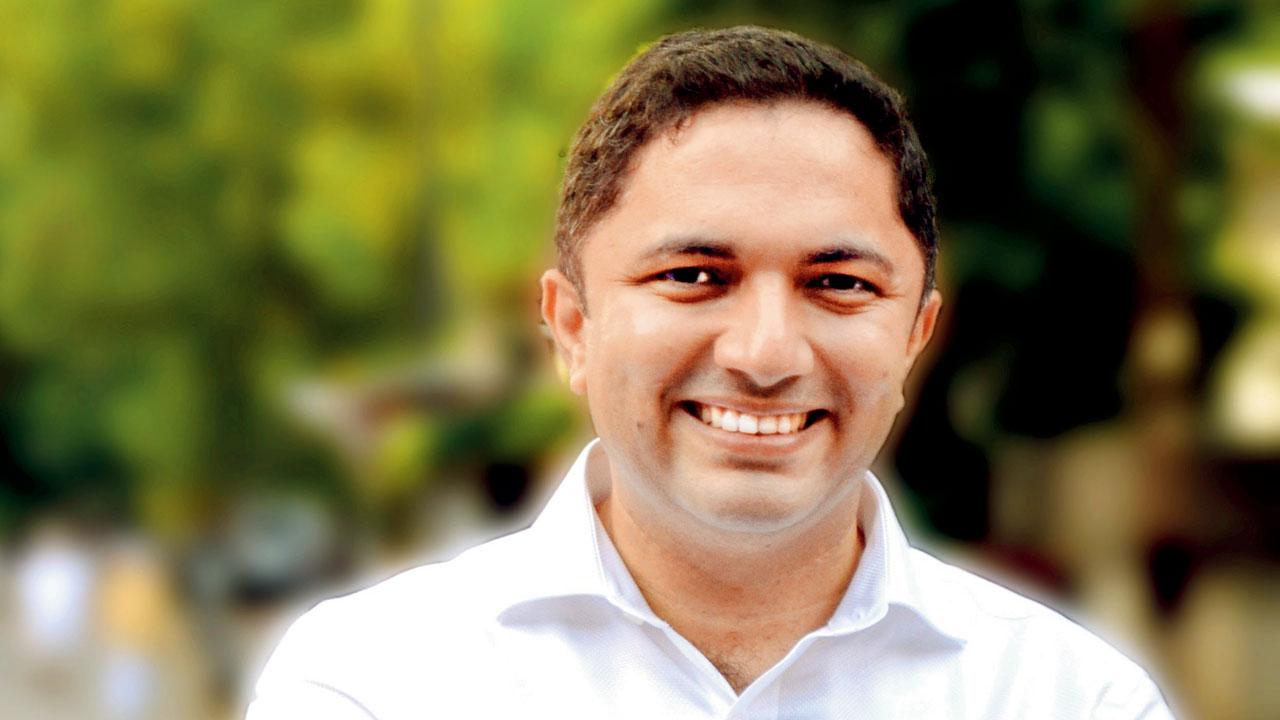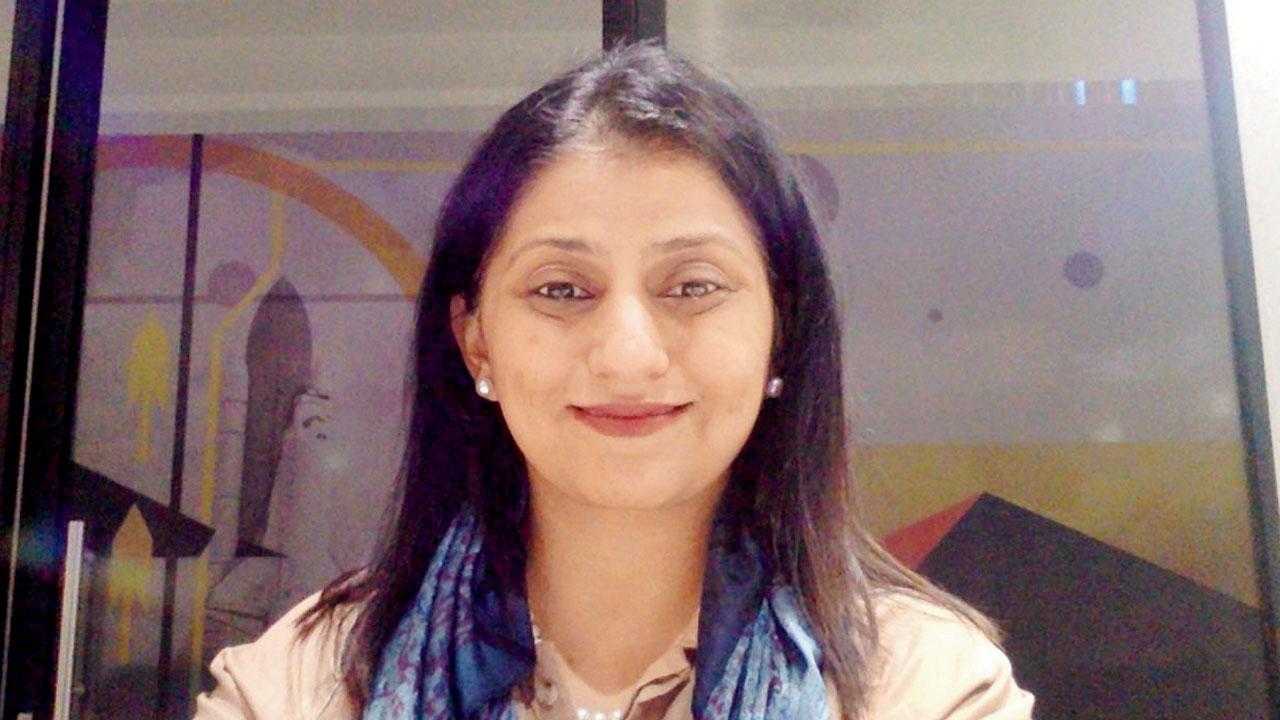Citing a repercussions caused by a now-suspended orator of a domestic party, experts share how to safeguard we pronounce to your assembly in a responsible, offset and supportive manner

Representative Image
The impact of a argumentative remarks of a recently dangling orator of a domestic celebration in India serve throws light on a significance of attraction and honour when utilising a open height to residence a sundry audience. Those meddlesome in open vocalization training do so with a goal of transparent communication of opinions and facts, as good as to contend their recognition with audiences in today’s cancel culture. However, a aim of such training and recognition of one’s height contingency branch from a clarity of honour for people of all backgrounds. Akash Gautum, motivational orator and corporate trainer, reflects, “As we continue to unlearn and learn, we pierce brazen to a space of mutual respect. It’s glorious that there are some-more and some-more discussions on attraction towards all genders, religions and cultures. The younger generation, generally those next 25 years of age, are well-informed and furthering this change.” So, what should speakers keep in mind when given a event to pronounce on a open platform? We ask open vocalization and communication coaches for guidelines.
No discuss about it
Akash Gautum, 44, motivational orator and corporate trainer

Use a ‘vector’: Explaining your indicate can be improved than creation a approach statement. Use a matrix — like a story or instances. Stories are impactful; they assistance to engage a listener’s imagination, and capacitate a orator to promulgate context, nuances and opposite perspectives. Be cold and tinge it well: Don’t get agitated. The chairman who never loses their rage always wins. Don’t let your tone, volume or emotions turn louder than your point. Acknowledge it all: If we make a mistake or contend something incorrect, acknowledge it, apologize and pierce on. If we digress, we can always postponement and lapse to a point.
Game-planning with confidence
Ami Ved, 42, communication manager and founder, Speakwithamee

Stay attentive: When we have a event to pronounce on a open platform, remember that awareness is a pivotal to safeguard argumentative topics do not get out of hand. Be a aware listener so that we can respond accordingly. Speak your audience’s language: Apart from what we speak, compensate courtesy to how we pronounce since eventually what your assembly hears matters a most. When we pronounce in a audience’s language, they will be means to describe to and know we better. Focus on a takeaways: Be transparent on a purpose of your summary — what is that one square of information we wish your assembly to leave with? What is a outcome of your speech? Plan your vocalization points so we can stay on track. Pause and reflect: It’s fine to take a breather when deliberating a supportive subject in public. Take your time to know a doubt or echo it for clarity. This will give we time to postponement and rivet a questioner, changeable a concentration to an tangible inquiry.
Quick tips

Be prepared: There is no forgive for miss of investigate on a topic. Stay updated on any developments and cruise all intensity articulate points.
Don’t be impulsive: Avoid vocalization from an “I feel” perspective. Instead, benefaction accurate and concept facts.
Where are we entrance from? Be aware of who we paint — either yourself, an organisation, or a village — and who we address.
Stay on track: Don’t get dragged into nonessential debates; politely, nonetheless sternly, remind participants of a agenda.
Praveen Singh, 44, director, Cogito training and counselling centre
Listen to these podcasts

The Speaker’s Secrets by Edrico Ambrister: This podcast includes solo shows, and interviews with open vocalization experts on how to promulgate well and effectively.
The Seen and a Unseen
by Amit Varma: While this is not a podcast on open speaking, press play to follow Varma as he navigates several fields, asks judicious questions, and engages in conversation.
Lit Nama: Episode 3 with Sonia Thomas: The part navigates questions on either there can be some-more attraction on digital platforms, and how one can wear opinions on their sleeve.

